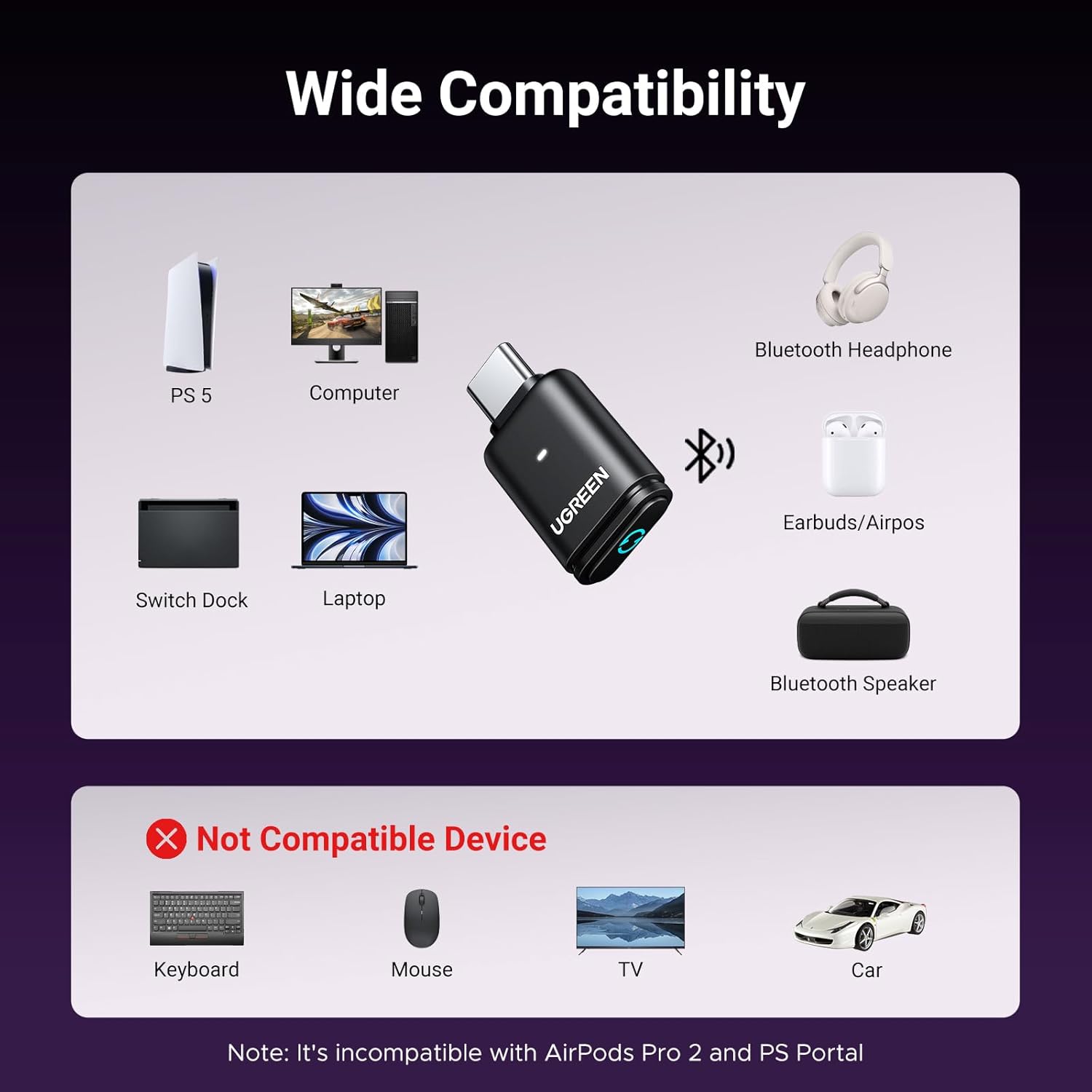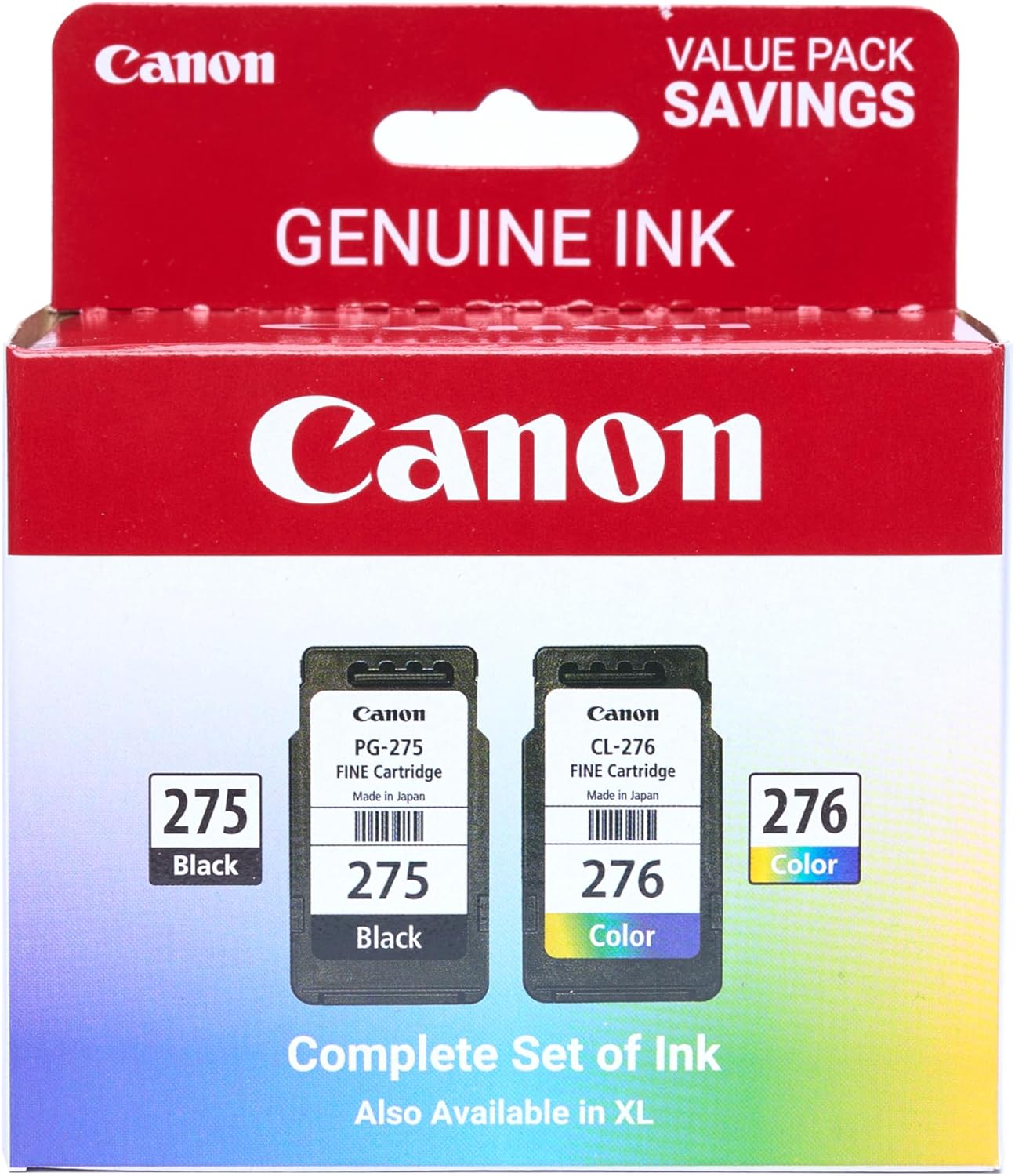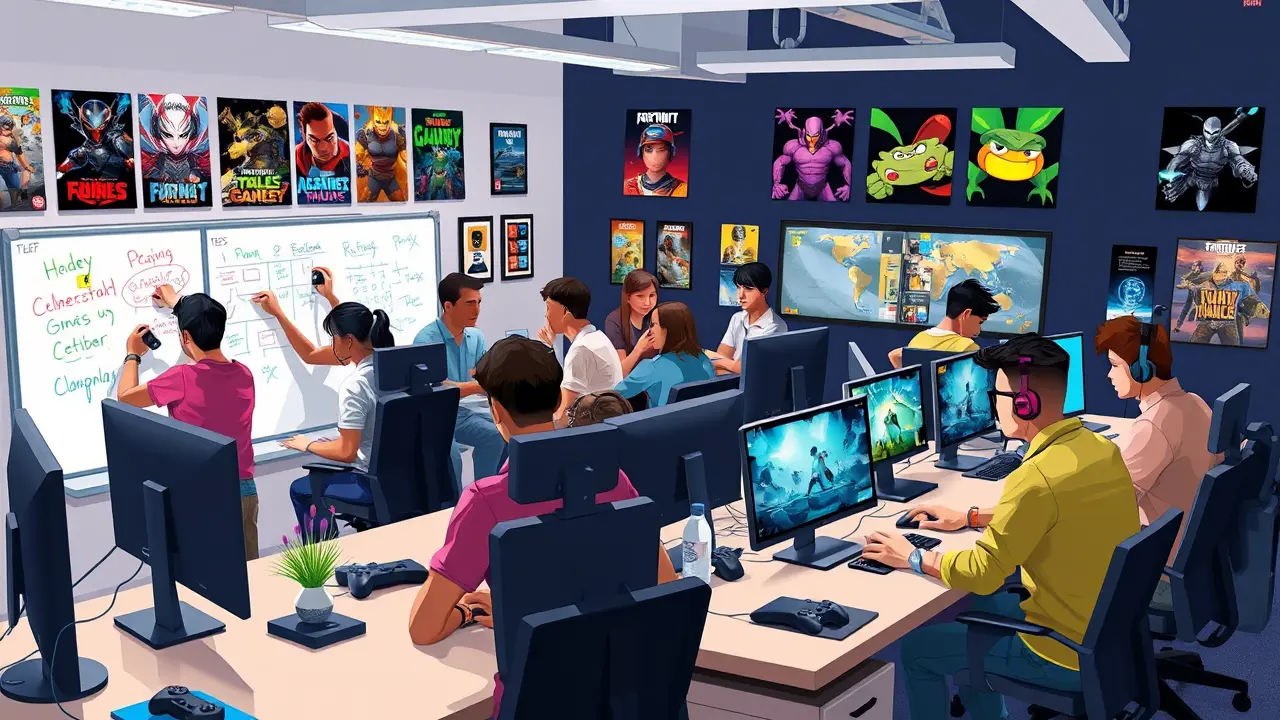
The video game industry has never been more accessible to new talent. Every year, thousands of passionate individuals take the leap to turn their hobby into a professional career. Yet, knowing how to become a video game developer remains a path full of questions and crucial decisions.
During my travels and encounters with industry professionals, I’ve noticed that entry routes into this industry are constantly diversifying. Gone are the days when only graduates from specialized schools could hope to land a job. Today, self-taught individuals, career switchers, and enthusiasts are finding their place in studios of all sizes.
This transformation is driven by technological evolution. Development tools have democratized game creation, while distribution platforms allow anyone to publish their work. Unity, Unreal Engine, and Godot have revolutionized the technical accessibility of game development.
However, this apparent simplicity hides a more complex reality. Becoming a professional game developer takes far more than mastering a game engine. Technical skills must be combined with creative, collaborative, and business abilities that define success in the industry.
The gaming job market is also evolving rapidly. The skills in demand today are different from those five years ago. Artificial intelligence, virtual reality, mobile development, and cloud technologies are constantly reshaping the profiles employers seek.
This guide explores every facet of the profession to give you a clear, up-to-date roadmap. From technical fundamentals to career strategies and the economic realities of the sector, you’ll discover how to carve your path into this exciting industry.
Master the Essential Programming Languages
Programming is the technical foundation of every game developer. Contrary to popular belief, no single language dominates the industry. Each one serves specific needs depending on the project type, target platform, and technical constraints.
- C++ is essential for AAA projects demanding maximum performance. Though complex, it offers full control over system resources, making it the go-to for engines like Unreal and studios with custom tech. Its steep learning curve is justified by its power and flexibility.
- C# with Unity democratizes game development thanks to its accessible syntax and decent performance. It’s especially favored by indie developers and mid-sized studios. The .NET ecosystem also accelerates productivity with mature development tools.
- JavaScript is growing in popularity with the rise of web and mobile gaming. Frameworks like Phaser allow for quick prototyping and full game development, attracting many web developers into the gaming space.
- Python excels in tools and prototyping. While not suited for main game loops, it’s ideal for internal tools, game data analysis, or automating repetitive tasks.
- Java remains relevant due to Minecraft and native Android development. Its portability and mature ecosystem make it a solid choice for some projects.
- Rust is emerging as a modern alternative to C++, offering similar performance with better memory safety. Though young, it’s gaining attention among developers prioritizing technical robustness.
Your first language should align with your immediate goals. For a quick start, C# with Unity offers the best learning-to-results ratio. More ambitious technical profiles may opt for C++ despite its complexity.
The key is to fully master one language before exploring others. Deep expertise beats shallow knowledge across many technologies. Once you grasp the fundamentals, switching languages becomes easier.
Choose the Right Training Path for Your Profile
Training paths in game development have multiplied, making the choice more complex. Each educational method has pros and cons based on your situation, budget, and career goals.
- Traditional universities still offer strong technical foundations. Computer science or game-specific programs provide essential theoretical knowledge for complex projects—math, algorithms, software architecture, etc. Academic networking is a valuable but often overlooked asset.
- However, university costs can be a deterrent—€6,000 to €12,000 per year in France for private schools—and the 3–5 year duration delays market entry.
- Self-learning is revolutionizing access to technical skills. Platforms like Unity Learn, Unreal documentation, and YouTube offer free, professional-level content. This route offers unmatched flexibility and personalization but requires strong discipline and can suffer from lack of feedback.
- Bootcamps are an increasingly popular middle ground. These 3–6 month intensive programs promise quick employability with hands-on project-based learning. Their value depends on job support, interview prep, and realistic expectations.
- Professional certifications like Unity Certified Programmer or Unreal Engine Associate show technical mastery to employers and cost significantly less than long programs.
- Hybrid learning—combining short academic courses with self-directed gaming specializations—can optimize both time and budget, especially for career changers.
Your age and learning style greatly influence your best choice. Long-term studies at 35 are different from those at 20. Financial and family responsibilities might make shorter paths more attractive. Choose the method that fits your real constraints, not just your ideal vision.
Whatever you choose, success depends on execution and perseverance, not just the path itself.
Build a Portfolio That Impresses Employers
Your portfolio often matters more than your degree or resume. Recruiters spend less than 30 seconds per application, so your portfolio must communicate clearly and efficiently.
- Prioritize quality over quantity. Three excellent projects show more value than ten average ones.
- Make your homepage striking with a playable demo or a compelling GIF. Skip lengthy intros—recruiters don’t read them.
- Clean, well-commented code on GitHub reflects your technical maturity. Regular commits with clear messages show professionalism.
- Use WebGL builds to offer browser-based demos that can be tested instantly.
- Explain your technical decisions. Why Unity over Unreal? What optimization methods did you use? This storytelling makes your work stand out.
- Highlight team projects—describe your exact contributions, especially for game jams.
- Choose the right platforms: Itch.io for indies, personal websites for flexibility, and LinkedIn for professional visibility.
- Show your tech curiosity by experimenting with features from Unity 2024 or VR prototyping.
- Analyze your portfolio’s performance using tools like Google Analytics.
- Get feedback from experienced developers—they often provide more value than hours of solitary tweaking.
A standout game dev portfolio is strategic and clear, showing not just skill but your ability to deliver.
Understand Salaries and Market Opportunities
Game dev salaries vary widely based on experience, location, and specialization.
- Entry-level developers in France typically earn €28,000–€35,000. But within 2–3 years, salaries jump to €40,000–€55,000.
- Senior devs (5+ years) earn €60,000–€80,000. Leads and technical directors in big studios can reach €90,000–€120,000.
Location matters:
- San Francisco and Seattle top the charts (>$150,000/year).
- London and Berlin offer €45,000–€90,000.
- Paris pays better than other regions in France (15–25% more).
- Montreal stands out with favorable tax laws and great studios like Eidos and Behaviour Interactive.
Specialization also counts:
- AI, VR, and graphics/shader devs are in high demand and command higher pay.
- Generalist gameplay developers face more competition and must stand out through project experience.
Multiplatform skills add value, as do real, quantifiable results (“reduced load times by 40%” > “I’m good at optimization”).
Perks like remote work, training, hardware budgets, and conference participation also affect your quality of life.
Freelancers can charge €400–€800 per day, but need business and management skills.
The industry values passion, but don’t let that lead to underpaid work. Know your worth, research salary benchmarks, and negotiate based on data.
Master the Essential Game Dev Tools
Your development toolkit shapes both your productivity and your game’s final quality.
- Unity dominates due to accessibility and powerful features across platforms. Its Asset Store boosts productivity.
- Unreal Engine 5 is known for cutting-edge visuals (Nanite, Lumen) and its visual scripting system, Blueprints.
- Godot is a popular open-source alternative, ideal for beginners and indie developers.
Other must-know tools include:
- Git & GitHub: Critical for version control, collaboration, and showcasing your work.
- Visual Studio: Best for Unity and C#.
- VS Code: Lightweight, extensible, with real-time collaboration tools.
- JetBrains Rider: Premium IDE for Unity, with advanced refactoring.
- Discord: Preferred by indie teams for communication.
- Slack: Common in larger studios with integrations.
- Blender: Free 3D modeling and animation software rivaling paid tools.
- Photoshop: Essential for textures and UI design.
- Unity Profiler: For deep performance analysis.
- Steam Partner: Easiest way to publish PC games with just a $100 fee.
Your toolset depends on team size, target platform, and budget. Start simple—then scale.
Explore Specializations to Shape Your Career
Game development offers many specialized roles:
- Gameplay Programmers design interactive mechanics. Ideal for those who love game feel and design.
- Graphics Programmers work on shaders, rendering, and visual effects. A math-heavy path with high impact.
- AI Programmers build NPC behavior and dynamic systems using algorithms and machine learning.
- Tools Programmers create internal tools for other developers, requiring broad understanding of studio workflows.
- Mobile Developers optimize for touch controls, battery life, and hardware limitations.
- VR/AR Developers tackle latency, tracking, and user comfort across different devices.
- Audio Programmers implement immersive 3D sound and adaptive music systems.
- UI/UX Developers design effective and intuitive interfaces for diverse input methods.
Test these specializations through personal projects to find your ideal fit.
Conclusion
Becoming a game developer in 2024 has never been more achievable. The industry welcomes diverse talent from universities, bootcamps, and self-learning paths.
Start with a programming language that matches your goals—C# for ease, C++ for depth. Build a powerful portfolio with a few excellent projects. Understand how specialization and location affect salaries, and prepare accordingly.
Learn the essential tools Unity, Unreal, Git, Visual Studio and stay updated. Explore various career paths to align your work with your passions and strengths.
Most importantly: start now. Each tutorial, prototype, and line of code brings you closer to your career in gaming.
This industry rewards those who combine technical skill with vision and perseverance. Embrace the journey and enjoy building the games of tomorrow.

UGREEN USB-C Bluetooth Adapter for PS5
UGREEN USB-C Bluetooth Adapter for PS5, Bluetooth 5.3 Audio Adapter with APTX Low Latency & aptX-Adaptive, Wireless Audio Transmitter to Connect Wireless Headphones & Earbuds

Blink Video Doorbell
Blink Video Doorbell (newest model) – Head-to-toe HD view, two-year battery life, and simple setup. Required Sync Module not included – Add-On (Black)

Panvola
Panvola Debugging Definition Computer Programmer Student Teacher Geek Coder Tech Support Programming IT Insulated Coffee Mug with Handle and Lid Camping Travel Thermal Mugs 14 oz Black

Canon PG-275
Canon PG-275 / CL-276 Genuine Ink Value Pack (2 Cartridges), Compatible with TS3520/3522/4722/3720/3722, TR4720

